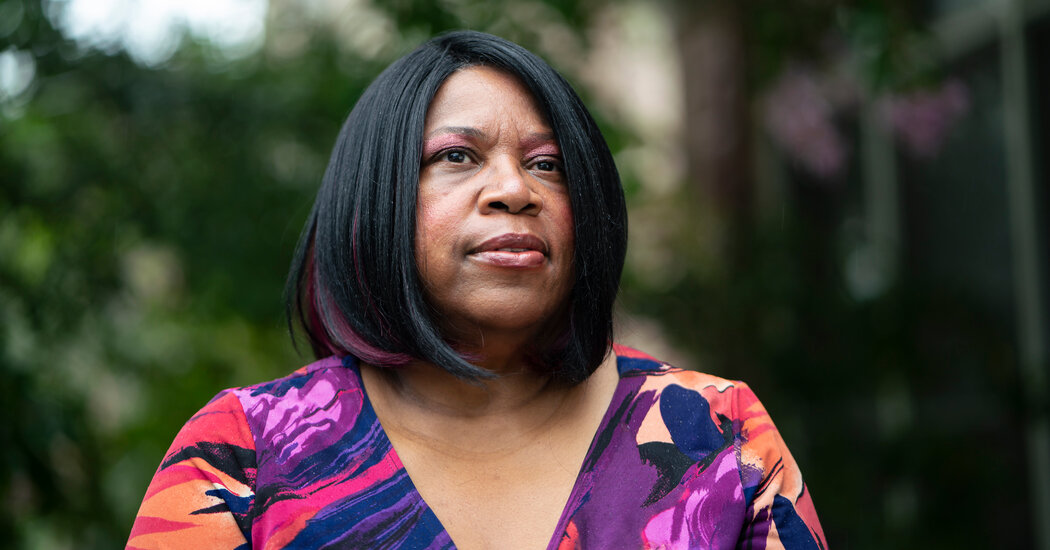That includes one of Ms. Wall’s former clients, who was headed for financial ruin for draining a retirement account to help her daughter fight a custody battle. “I think kids often don’t realize what they’re doing with their parents’ financial future when they ask for money,” she said.
Parents, she added, may not be willing to let their children know about the potential damage to their finances. “But when you’re in your late 50s or 60s, unless you’re fabulously wealthy, digging into money you’ve diligently saved for your own retirement works out incredibly,” said Ms. Wall. “You don’t have time to recoup that money.”
What experts advise
Ms. Ghilarducci has advice for women caught between the rock and the hard place to want to keep their retirement money and jump in when family needs arise. First, “take a deep breath,” she said. “Then recognize that emotions about family ties will come faster than informed decisions” about the financial future. If an appointment with a 401(k) manager or a financial advisor isn’t an option, “talk to a lot of people,” she said. “It helps you get perspective.”
Another solution requires systemic changes, many of which are cultural, but also legal. Ms. Ghilarducci and Marcia Mantell, a retirement counselor in Plymouth, Massachusetts, said: rules to ensure that pension accounts could not be tapped had to be tightened.
Before a certain age “I don’t think anyone should have access to their 401(k)s for any reason,” Ms. Mantell said. One of her own relatives, she said, borrowed from an account to make a down payment on a house, though Mrs. Mantell advised her against it.
“I hate the loan terms,” she said. “I hate when there is a natural disaster special access. I know it’s sometimes people’s only savings, but retirement is too important to risk.”

